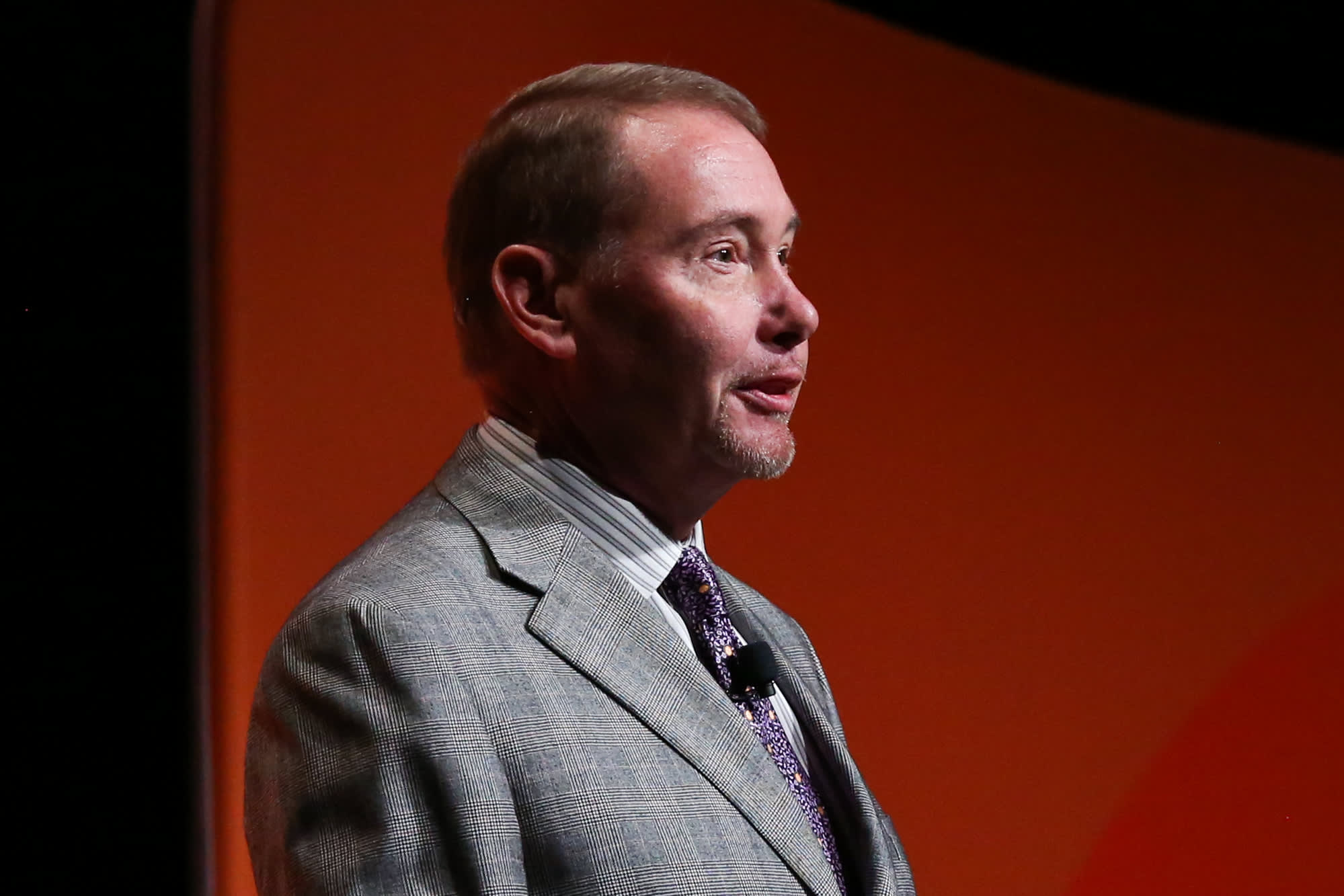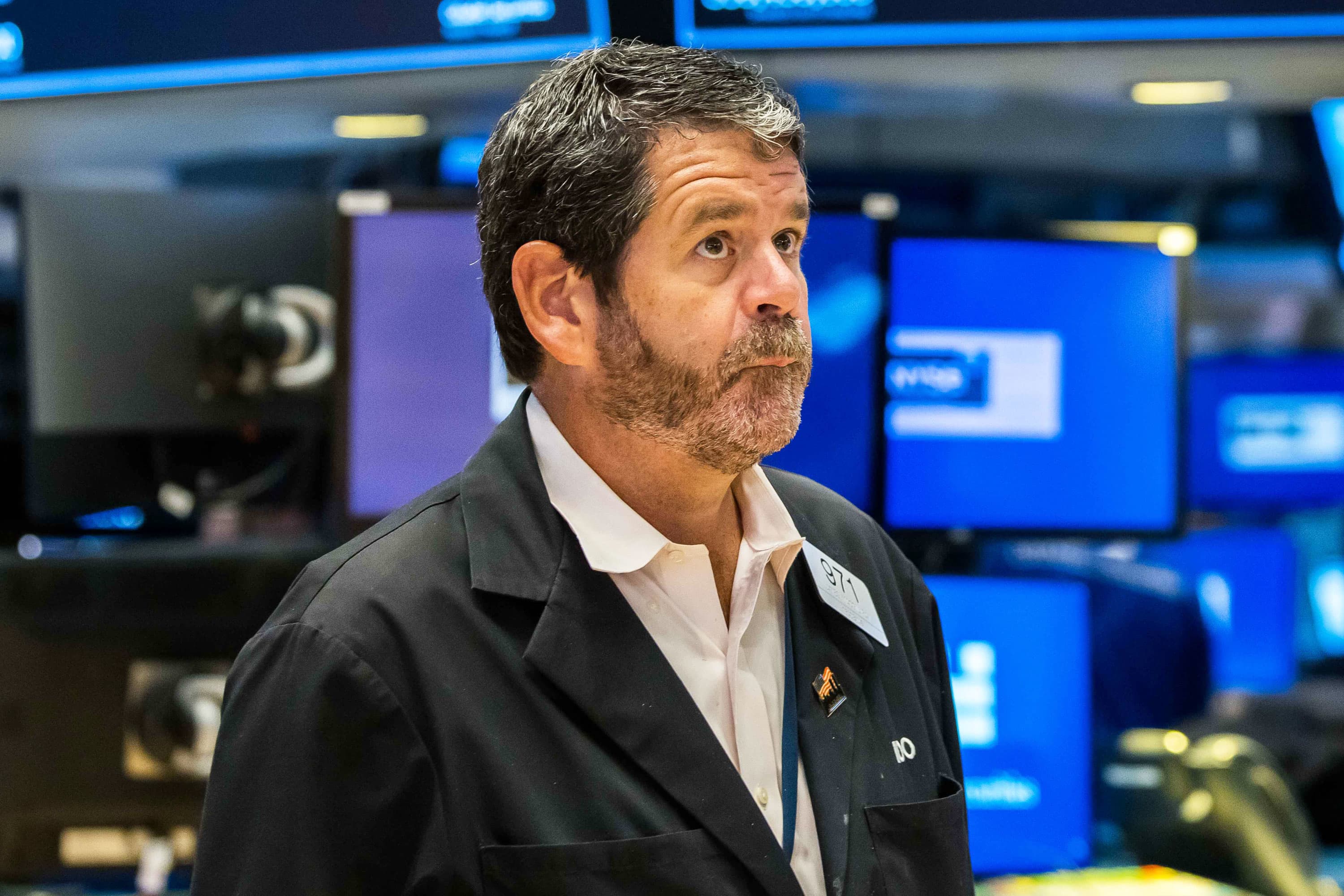Billionaire investor Kevin O’Leary says volatility is back and it may be a good time to buy more stocks.
“It’s very disheartening to equity markets to lose close to 1,000 points in a matter of 40 minutes,” the chairman of O’Shares Investments told CNBC’s “Street Signs Asia” on Wednesday.
related investing news
“That means volatility is back. If you’re an investor, maybe the best thing to do here is — since you can’t guess the bottom — is to take opportunities on days like today and buy stocks that you think are attractive.”
His comments came hours after the U.S. consumer price index report showed August inflation was hotter than expected, despite a decline in gas prices. Stocks tumbled across the board and the Dow fell 1,200 points in its worst day since June 2020, as investors brace for more rate hikes from the U.S. Federal Reserve to help tamper rising prices.
“It was assumed only 48 hours ago that the Fed’s terminal rate would be 4%. And that would be the maximum in terms of rate hikes, but we’re past that now,” O’Leary said, referring to the end rate, or the level at which the U.S. central bank is expected to stop hiking rates.
That level of uncertainty in terms of terminal rates, where the Fed will stop raising, is now officially an unknown. And so that’s extremely problematic for the markets.Kevin O’Learychairman, O’Shares Investments
“There’s a bet going on in the market, you can see it as volatility. In fact, it may be significantly higher than 4%,” he said, predicting the Fed will likely raise at least 75 basis points, most likely a full percentage point. He is not alone in that prediction, Nomura is also expecting the central bank to hike rates by 100 basis points next week.
“That level of uncertainty in terms of terminal rates, where the Fed will stop raising, is now officially an unknown. And so that’s extremely problematic for the markets,” said the venture capitalist.
Inflation rose more than expected in August as rising food and shelter costs offset the dip in gas prices, the Bureau of Labor Statistics reported Tuesday.
CPI, which tracks a broad basket of goods and services, increased 0.1% for the month, and 8.3% compared to a year ago. Excluding volatile energy and food costs, August CPI rose 0.6% from the previous month, and 6.3% year-on-year.
Economy still strong
O’Leary said the bulk of the economy is still robust, and the Fed will continue to raise rates until they see “some kind of slowdown.”
“The consumer economy, which is 65% of the economy, still remains strong. Employment rates still remains strong,” he said. “And what we need to see is that slowing.”
The food index jumped 0.8% in August and shelter costs, which make up about one-third of the weighting in the CPI, hiked 0.7%. Energy prices fell 5% for the month, but the declines were offset by the aforementioned increases.
O’Leary added that the market rallied for the last three sessions because of the idea that inflation would start to show fatigue and slow, but that did not happen.
“Nothing else [aside from gasoline prices] slowed down… Everything else continued to rise. And so we’re in a very difficult situation here,” he said.
“We gave up an entire three days of gains in about 11 minutes of trading right out of the gate this morning.”
Housing prices lagging
However, the drop in housing prices was not reflected in the latest CPI data and the risk of the Fed overshooting remains, he added.
Housing data in CPI takes 16 to 18 months to be correctly reflected, and that there’s a disconnect because housing is a big part of inflation data.
“The way the Fed is calculating inflation is that the change in housing prices which has started to drop, is not reflected in the CPI data,” he said.
“This really means that there’s some risks that the Fed overshoots.”








